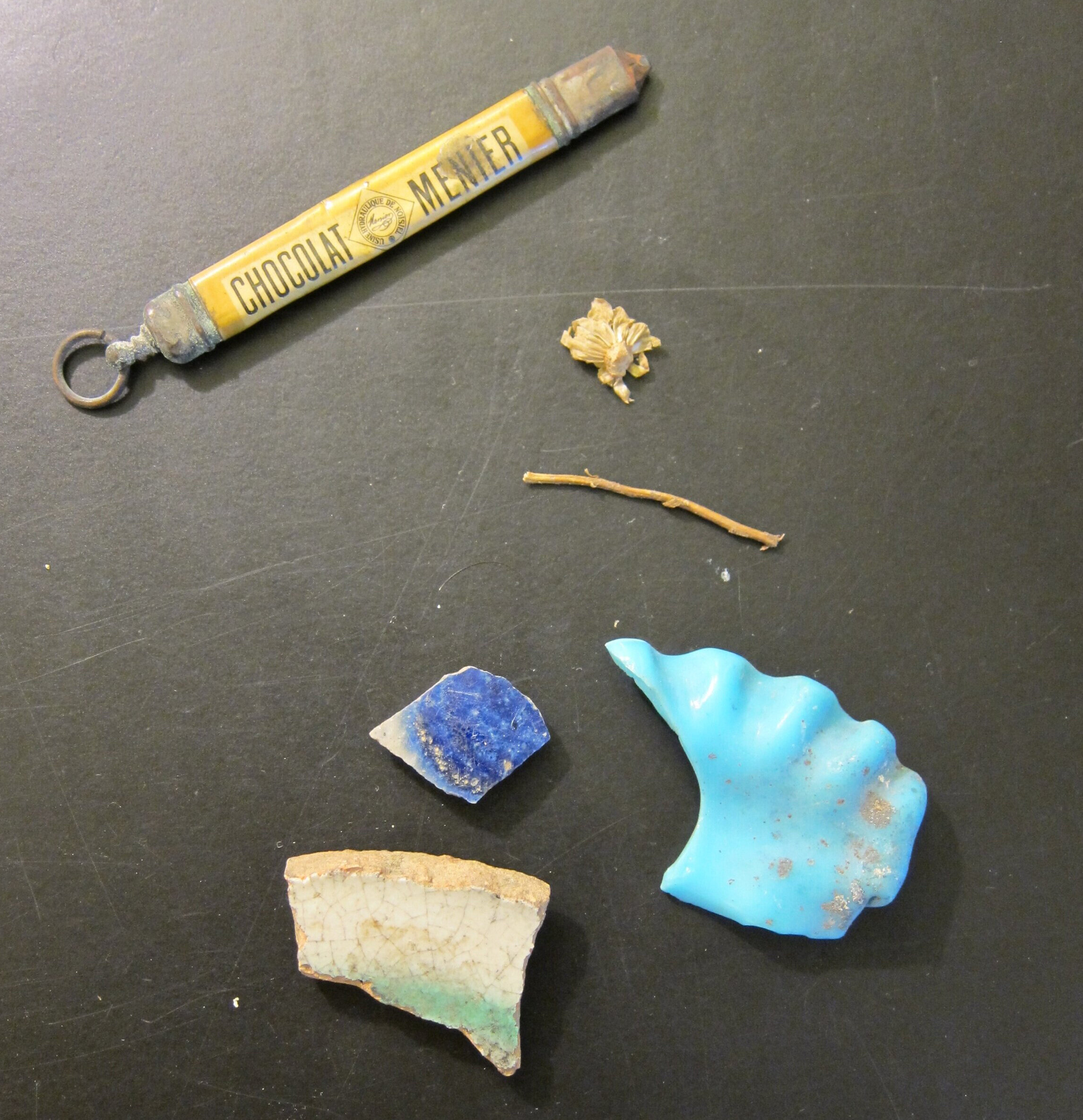
“When you and I consult these hearts and minds of ours,
what do we learn? That there actually exists a deeper beauty even than the beauty of death--the beauty of living.”
— from “Armistice”, E.E. Cummings Additional Papers, 1870-1969, MS Am 1892.6 (9), Houghton Library (Harvard)
The Beauty of Living: E. E. Cummings in the Great War
W. W. Norton, 2020
New York Times Editors’ Choice (Aug. 13, 2020)
Renowned for his formally fractured, gleefully alive poetry, E. E. Cummings is not often thought of as a war poet. But his experience as a prisoner during the war in La Ferté-Macé (the basis for his first work of prose, The Enormous Room), and his first love, the French prostitute Marie Louise Lallemand, escalated his earliest breaks with conventional form—the innovation with which his name would soon become synonymous. The Beauty of Living follows Cummings from his Cambridge upbringing and Harvard education through his time at the front during the Great War. Probing an under-examined yet formative time in the poet’s life, this deeply researched account illuminates his ideas about love, justice, humanity, and brutality. Cummings scholar J. Alison Rosenblitt weaves together letters, journal entries, and sketches with astute analyses of poems that span Cummings’s career, revealing the origins of one of the twentieth century’s most famous poets.
“A sparkling narrative of Cummings’s early life. The Beauty of Living is a compelling account of Cummings’s complicated personal, sexual, and family relations, a platform on which J. Alison Rosenblitt can exercise her exceptional skills as an analyst of poetry and art. This is a profoundly enlightening introduction to Cummings by a gifted critic.” — Bernard O'Donoghue, author of The Seasons of Cullen Church
“The historical analysis is powerful and profound, yet Rosenblitt has her focus on much more than politics, battles, and mud. Reading Cummings through the lens of her insight is revelatory, and the brilliance of this work may reestablish his place as a poet of towering importance.” — Library Journal, starred review
“Classics scholar Rosenblitt (E.E. Cummings’ Modernism and the Classics) reframes avant-gardist E.E. Cummings (1894–1962) as a war poet in this incisive biography. ... Scholars and students of 20th-century literature will appreciate this illuminating look at how Cummings acquired his ‘fearlessness’ as a writer from ‘facing both the cruel and the tender sides of human experience.’” — Publisher’s Weekly
“A graceful, sympathetic biography of an innovative American poet.” — Kirkus, starred review
“Rosenblitt’s depiction of both Cummings and the elite, early 20th-century literary world in which he moved make it a fascinating read, and the dialogue she opens with previous biographies of Cummings’s life regarding Lallemand’s role in it make it an important one.” — The ARTery (WBUR)
“During those first weeks in Paris, he fell in love with a prostitute, Marie Louise Lallemand. On the intensity of his feelings and his later self-reproach for “cruel” treatment of her … Rosenblitt writes some of her most original and interesting pages.” — The New York Times
“… well-researched… one indelible image after another… a welcome addition to the field of Cummings scholarship.” — Minneapolis Star Tribune
“As J. Alison Rosenblitt makes clear in her new account of Cummings’s war years, at the heart of this awakening was his relationship with a young prostitute named Marie Louise Lallemand. ... Rosenblitt sheds interesting light on Cummings’s early development.” — The Wall Street Journal
“This look into the life of one of America’s greatest poets cuts to the quick.” — Harbor Light
“Assiduous and rigorously disciplined scholastic excellence underpins her latest work, yet the chief virtue of this enjoyable and enlightening book is the non-academic sensitivity with which Rosenblitt seduces her reader’s attention. I read this engaging study in three relatively short sittings and never once felt intimidated by its author’s sparkling intelligence or the complexity of her subject matter...” — The Yorkshire Times
“Rosenblitt does an excellent job conveying the circumstances of Cummings’s imprisonment, which track with his own telling of them. Reading her well-crafted nonfiction account allows for a richer engagement with The Enormous Room, a book greatly admired by Hemingway, F. Scott Fitzgerald, and Gertrude Stein.” — Los Angeles Review of Books
L’Agonie, signed Edouard C. [E. E. Cummings], from a French notebook, 1917.
Houghton Library (Harvard), E. E. Cummings Papers, 1870-1969, MS Am 1823.7 (11). (Photo by A.R.)
Cummings and his friends were embedded in the vibrant world of early modernist painting, writing, music, and ballet, and shaped by their experience of the Great War.
Here are a few links, images, and thoughts connected to that early 20th century world of art and war.
Satie’s Parade
In Paris, Cummings and Brown attended the premiere on May 18, 1917, of the revolutionary ballet Parade at the Théâtre du Châtelet on the bank of the Seine.
In 1973, the Joffrey Balley staged a revival, drawing on extensive research into the original costumes and working in collaboration with the original choreographer Léonide Massine. American Masters (PBS) filmed footage and interviews with the dancers, and you can see an excerpt from their programme here.
A few stories from the news…
“‘Suddenly real’: Colour brings new life to archival WW1 photos.” — BBC, 16 Dec 2018
“WW1 soldier's 103-year-old chocolate found.” With photos of some very old chocolate!! — BBC, 2 June 2018
“Trench talk: a guide to first world war slang.” — The Guardian, 23 July 2014
Mementoes kept by E. E. Cummings from La Ferté-Macé.
Houghton Library (Harvard). E. E. Cummings Papers 1870-1969: MS Am 1823.8 (48). (Photo by A.R.)
All Cummings material on this website, insofar as it remains in copyright, is © The Cummings Trust and used with their very kind permission. These selections may not be reproduced, stored in a retrieval system, or transmitted in any form or by any means without the prior written permission of the publisher.
